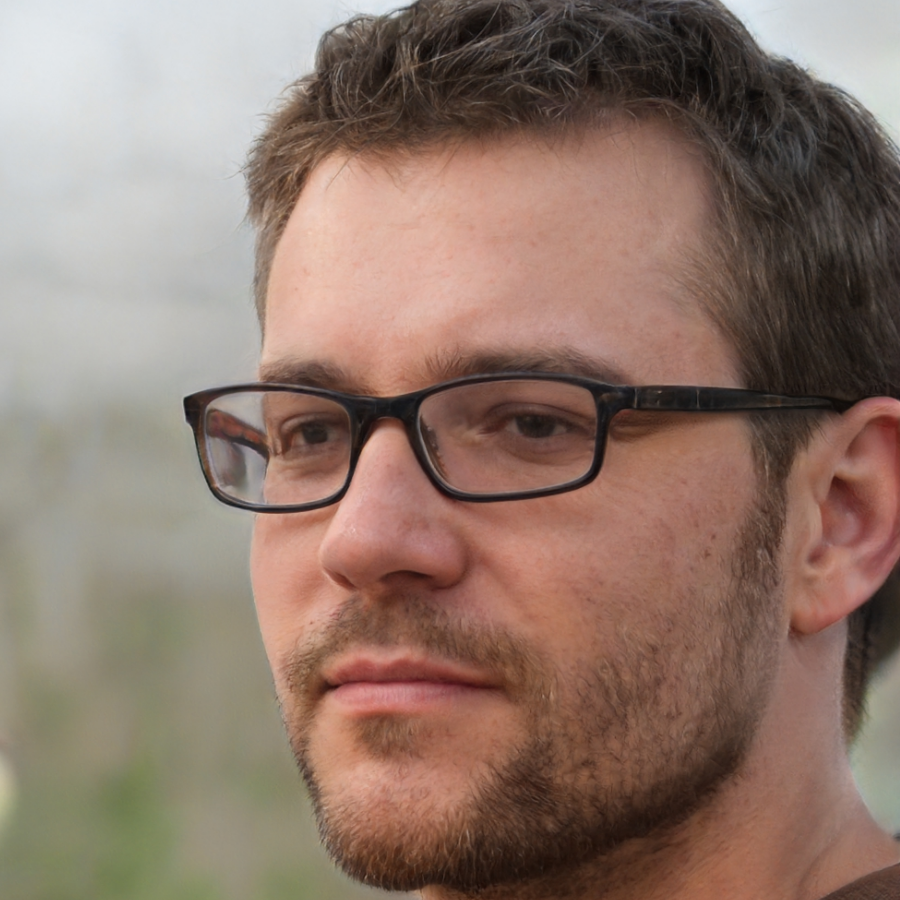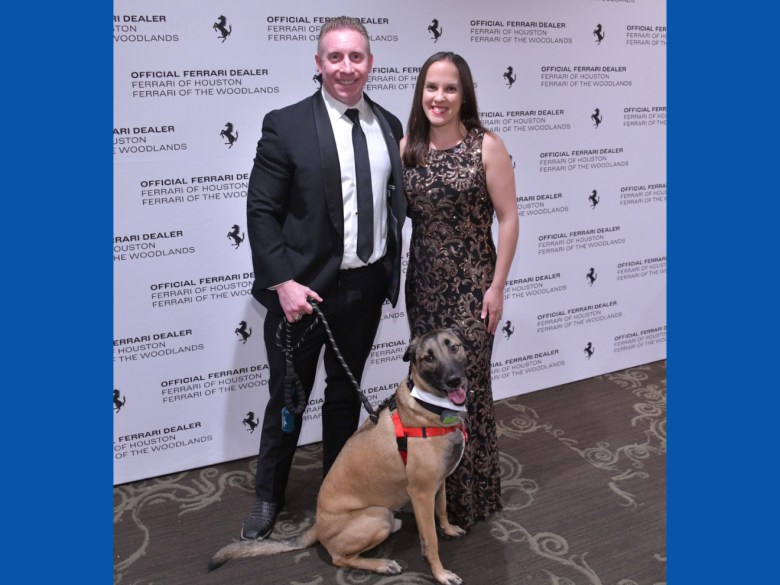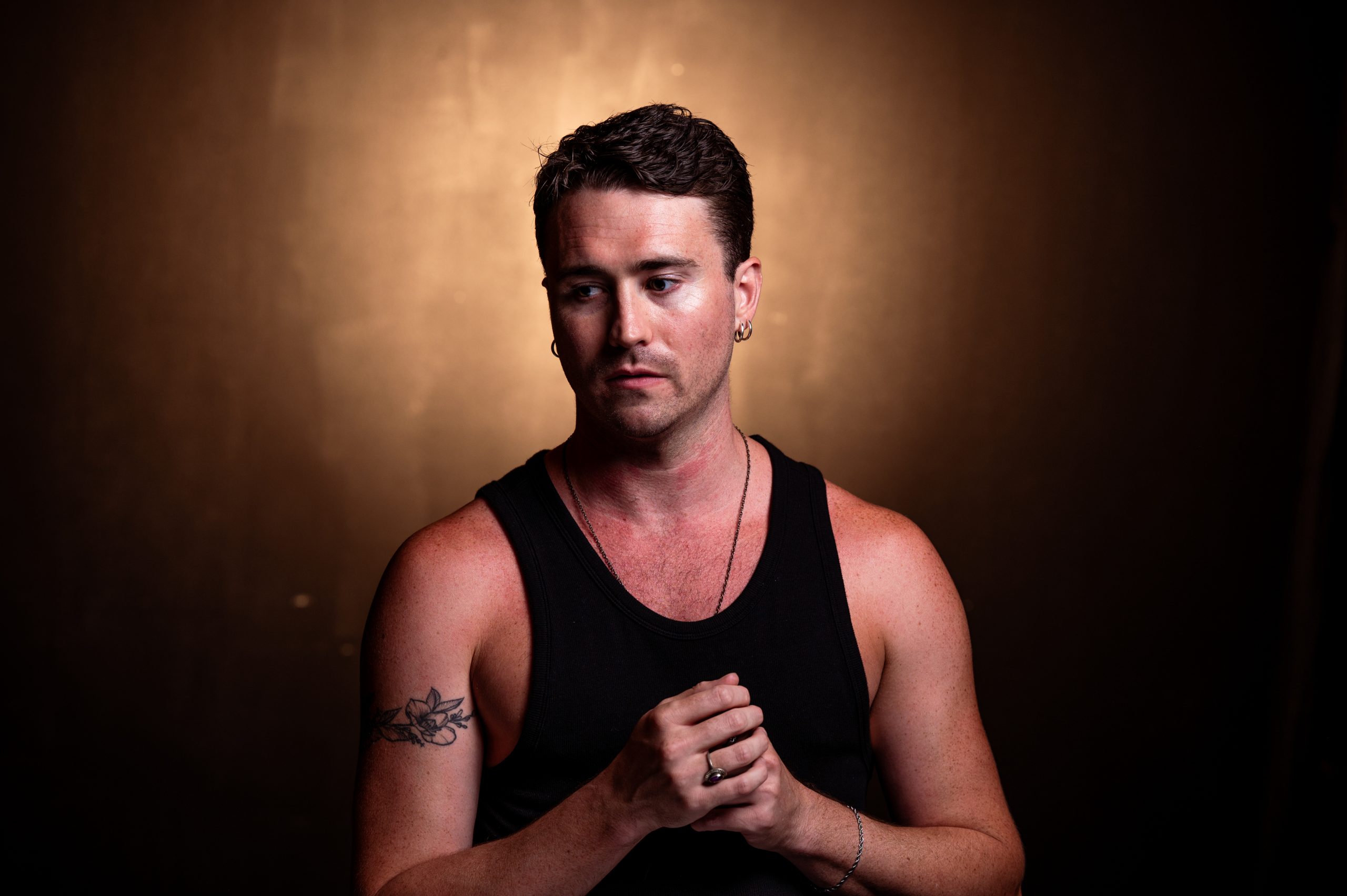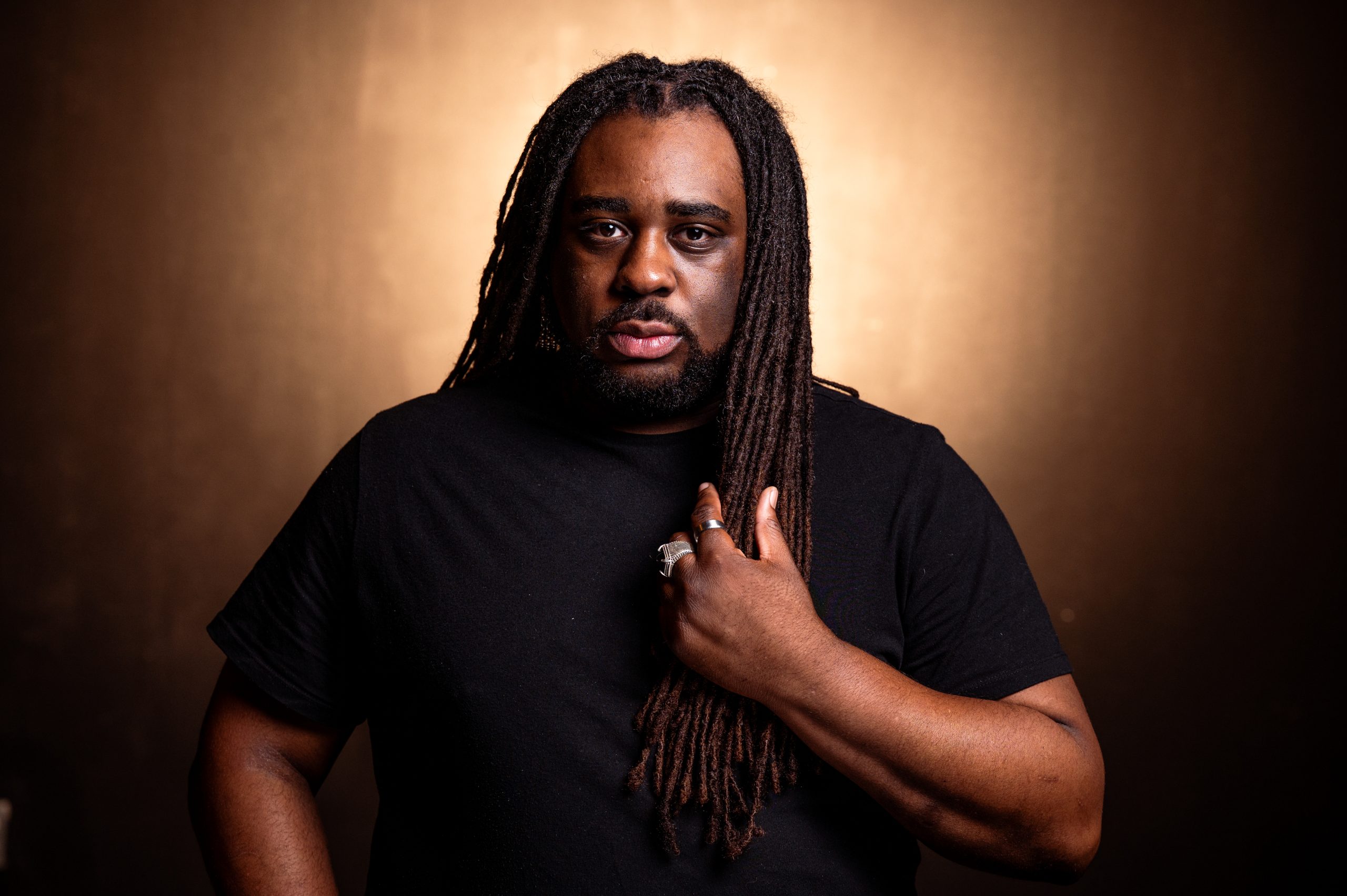Veteran Finds Best Friend Through Paws for Heroes Program
Tedd Schonscheck had a void in his heart after retiring from the U.S. Army, and just when he thought the empty space could not be filled, a Belgian Malinois mix named Dougie jumped into his arms.
Schonscheck, 43, joined the U.S. Army at 18 years old and graduated from West Point in 2004. As an expert in air defense artillery, Schonscheck spent a year in Iraq and worked as an operations officer in charge of planning and operations for U.S. and Iraqi forces. He led American soldiers embedded with Iraqi police. And after nine years of service, he was honorably discharged and a little bit lonely.
He had a service dog for about 12 years and when the Yorkshire Terrier died, Schonscheck’s wife Carole set out on a mission to find her husband a new friend. She came across Paws for Heroes, a Houston-based organization that has placed 65 trained animals with veterans since 2013.
Schonscheck has diagnosed PTSD, hearing loss and arthritis, but he didn’t need a traditional service dog to perform tricks or lead the blind. He needed a companion and playmate, and Dougie was a perfect match. “He has great purpose,” Schonscheck said.
“When I wake up in the morning, when he’s right there and smiling and ready to go, it gives me a reason to do a lot of stuff, whether it’s just get out of bed or take care of him,” Schonscheck said. “It definitely gives a lot of purpose and intention to my daily life. Dougie is very intuitive, a very smart dog.”
“He can really match my energy levels and my moods, and he genuinely knows how to help me during different situations. If I want to be active and get out, he’s very athletic and we’ll go for a run or a walk. If I’m down and I just need to sit in the room in the dark or just lay there, he’ll come lay right on top of me and he puts his paws on my chest and his head down. He lets me know that he’s there for me. He gives me peace.”

Schonscheck is an ambassador for Paws for Heroes, which occasionally involves walking a red carpet and speaking in front of a crowd. Dougie knows when his owner is nervous and will put his head in Schonscheck’s hand.
“He’ll lean against me and give me support,” Schonscheck said. “He makes sure I know we’re in this together.”
The support is mutual. Dougie was rescued by the Houston Humane Society from an animal cruelty situation. When Carole Schonscheck reached out to Paws for Heroes, volunteer and cofounder Jessica Nelson began the process of finding a dog that would be a good match for the family.
“I have family who served in the military, my brother and my father,” Nelson said. “I have personally gone through bad times in my life and I know my dog is probably one of the reasons I’m still here. When I went to join a volunteer organization in Houston, there wasn’t one, so I thought maybe we should start one.”
A Purdue University study found that PTSD can significantly disrupt veterans’ daily lives and relationships, leading to anxiety, depression, and social withdrawal. “This often places immense stress on their spouses and children, who may experience secondary trauma, increased anxiety, or caregiver burnout,” according to the report.
A support animal can build emotional resilience, interrupt panic attacks with a nudge or just by being by the veteran’s side, and create a buffer in public spaces, the study shows.
“Support animals or service dogs bring so much joy to a veteran’s life, and that’s really something that’s needed in the community,” Schonscheck said. “It’s unwavering love that the dog brings to your life and you just hope you can match it back.”
A lot of veterans have difficulty connecting with people when they return from service, and the dog can be a best friend who “doesn’t pass judgment and loves them no matter what,” Nelson said.
And while there are many organizations throughout the country that connect support dogs with veterans, nobody does it better than Paws for Heroes, Schonscheck said.
The process begins with an online application and then a meeting between a volunteer like Nelson and the adopting family.
“That’s for us to get to know the veteran and get comfortable with where they are in their life, but it’s also for them to get comfortable with us because we are literally picking a family member for them,” Nelson said. “I don’t know if I would let a stranger pick my future family member.”
It takes a long time to find the perfect match because Paws for Heroes doesn’t just pop into a shelter and see what’s available. Houston Humane Society is one of several partnering agencies but they are the go-to because they’ll flag dogs they think might be well-suited for a veteran companion, Nelson said.
“If I’m trying to set up my friend with somebody else, we’d have to work together for years to figure that out,” she said. “We’ve now established, they know the confidence level, the energy level, the temperament, everything, so if they say they have a dog that could be a good candidate, we can go look at the dog rather than having to walk up and down the aisles of the shelter.”
Kalli Sandel, behavior and enrichment coordinator at the Humane Society, said she looks for dogs who are friendly and not overly reactive as potential matches with veterans.
“I think just having a being that is relying on you for structure can really help people with anxiety,” Sandel said. “We’re really thankful to Paws for Heroes for helping us get outcomes for our dogs. I think they’re doing really important work. I think it’s great that veterans are able to have companion animals, especially after their commitment to our country. It’s all around a great program.”
Dougie took his time getting acclimated in his new home. It took about six months from the time a request was submitted to actually delivering the dog to the Schonschecks. Paws for Heroes requires that the animals go through training and are first placed in a foster home for up to a month to determine if the animal has thunderstorm anxiety or challenges with children or other animals, Nelson said.
“Candidly, we’ve met people who we think may have substance abuse issues or serious mental health issues, and we’ve worked with veterans who are in wheelchairs,” Nelson said. “As long as the veteran is capable of caring for the animal as well as themselves, we don’t make any assessments or require letters from doctors. We do require that they provide proof of service of their military experience.”
The dogs placed by Paws for Heroes have to have four paws and two eyes and have to be resilient and confident, Nelson said. Due to his own doggie version of PTSD, Dougie won’t allow a heated discussion or shouting at the television during a football game. He also isn’t a big fan of Schonscheck hugging his wife Carole.
“He’s really settled in and knows that we’re his forever people,” Schonscheck said. “But if I give my wife a hug, he’ll come over and be like, ‘Wrap it up. He’s mine.’ He and I are definitely connected very closely. We make sure we take care of each other.”
Schonscheck believes that he and Dougie are both, in a sense, rescues, and they have a way of communicating that is just between them. “When he wants attention and love, he’s very clear about what he wants,” Schonscheck said.

Dougie has two “little brothers,” rescue pups who joined the family after Dougie was adopted in January 2023, but it’s clear that “he is mine and I am his,” Schonscheck said.
“He doesn’t like conflict, so if he sees that [the other dogs] are playing a little too hard or rough, he steps in between them and stops it,” he said. “I think that gives him some extra purpose too.”
Schonscheck works for the waste department of a utility company and owns a junk removal service He and his wife live on about an acre near Tomball and had to upgrade their four-foot fence to seven feet when they realized Dougie could jump it to chase deer.
“He didn’t really want to catch the deer; he’s just super fast and loved running through the woods,” Schonscheck said. “I raised the fence to slow him down a little bit.”
On this Veterans Day, Schonscheck said he’s particularly grateful for his time in the military. He said the structured environment was exactly what he needed at 18 years old. He also made lifelong friends, but they’re spread out all over the country now and some have lost touch.

The veteran was in Baghdad from 2007 to 2008, something he doesn’t talk about often. He spends Veterans Day at home with his family and shares stories with his wife, allowing her to ask questions and get a glimpse into what his life was like back then.
“I got to see action there, IEDs and close-quarters combat,” he said. “It’s always going to be scary to be in that combat environment. The military is going to train you for that. Nothing will compare to the real thing, but they’re investing in that training to make sure you’re prepared in those situations. Once you’re there and you’re going through it, it normalizes, to be honest. I was embedded with a 10-man team, and those other nine people were my family during that time.”
“That’s kind of the hole that is left when you’re out of the military, at least it was for me, and Dougie helps fill some of that hole in my heart of that connection,” he added.
Nelson said Paws for Heroes stays in touch with their recipient veterans “for life” and, in many cases, the vets also stay connected with the foster families who housed their dog for several weeks. The veterans are also getting to make a difference in the life of an animal and provide the structure they also crave, Nelson added.
“Psychologically, that’s another component of it,” Nelson said. “As opposed to going out and buying a French bulldog or a popular designer dog, they’re repurposing an animal that was discarded by society. Some veterans, depending on what they’ve been through, that resonates with them. After they get out of the military, the government doesn’t care about them anymore because they’re no longer serving. Some people have misconceptions about veterans and PTSD, so I do think that’s one of the subtle connections that the veterans make with their dogs.”
Paws for Heroes almost had to shut down earlier this year due to a lack of foster families. Monetary donations are always welcome, but the best way people can help is to sign up to foster, Nelson said.
“Our veterans will connect with the fosters and many of them have forged friendships and see each other on birthdays and holidays,” she said. “The veteran will text them pictures of the dog, and I think that’s pretty cool for the foster family.”
The Houston Humane Society is also running a special promotion this month where adoption fees are waived for veterans seeking to house a pre-approved dog, cat or rabbit.
This article appears in Jan 1 – Dec 31, 2025.
Related

Reign Bowers is an outdoor enthusiast, adventure seeker, and storyteller passionate about exploring nature’s wonders. As the creator of SuperheroineLinks.com, Reign shares inspiring stories, practical tips, and expert insights to empower others—especially women—to embrace the great outdoors with confidence.





Post Comment